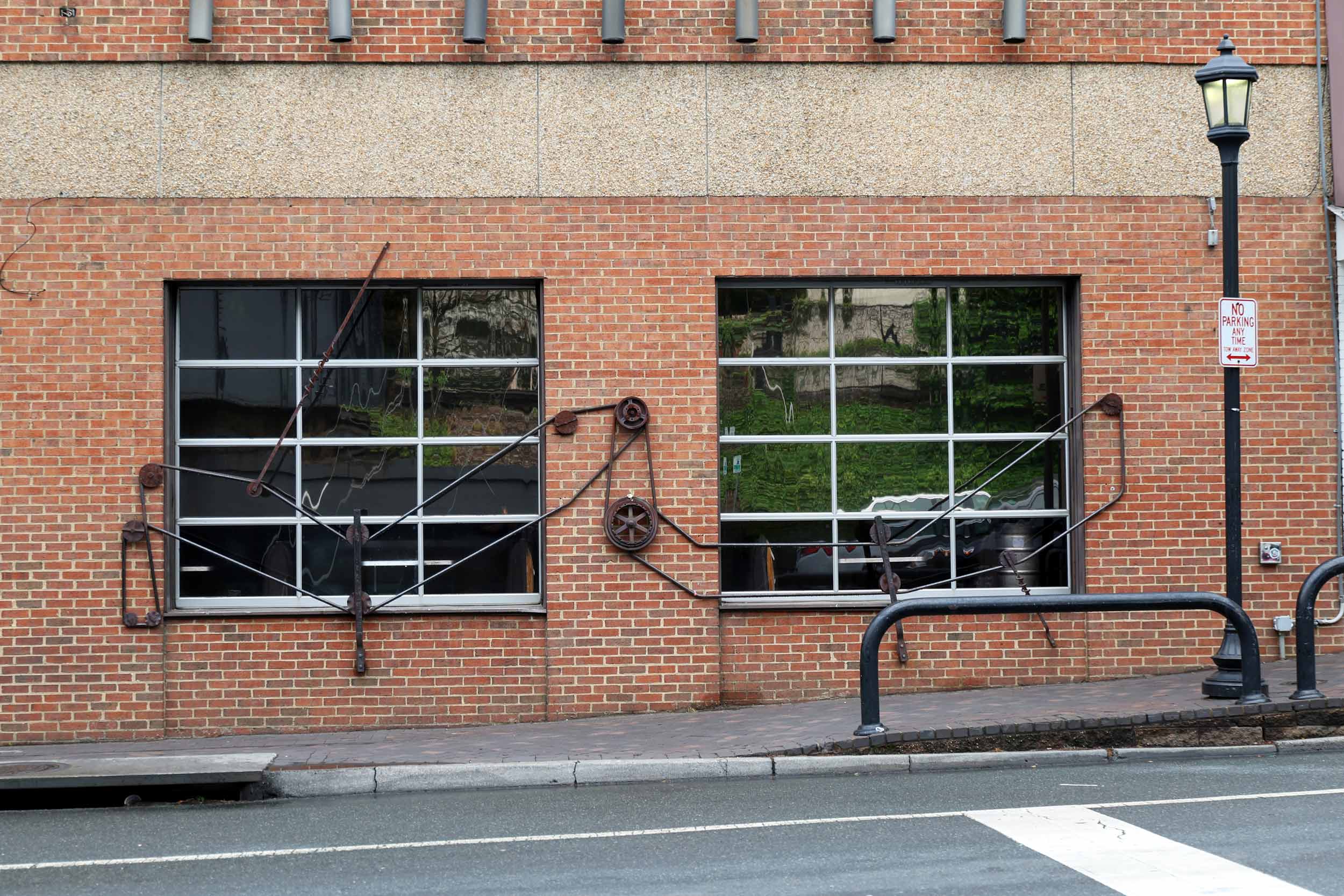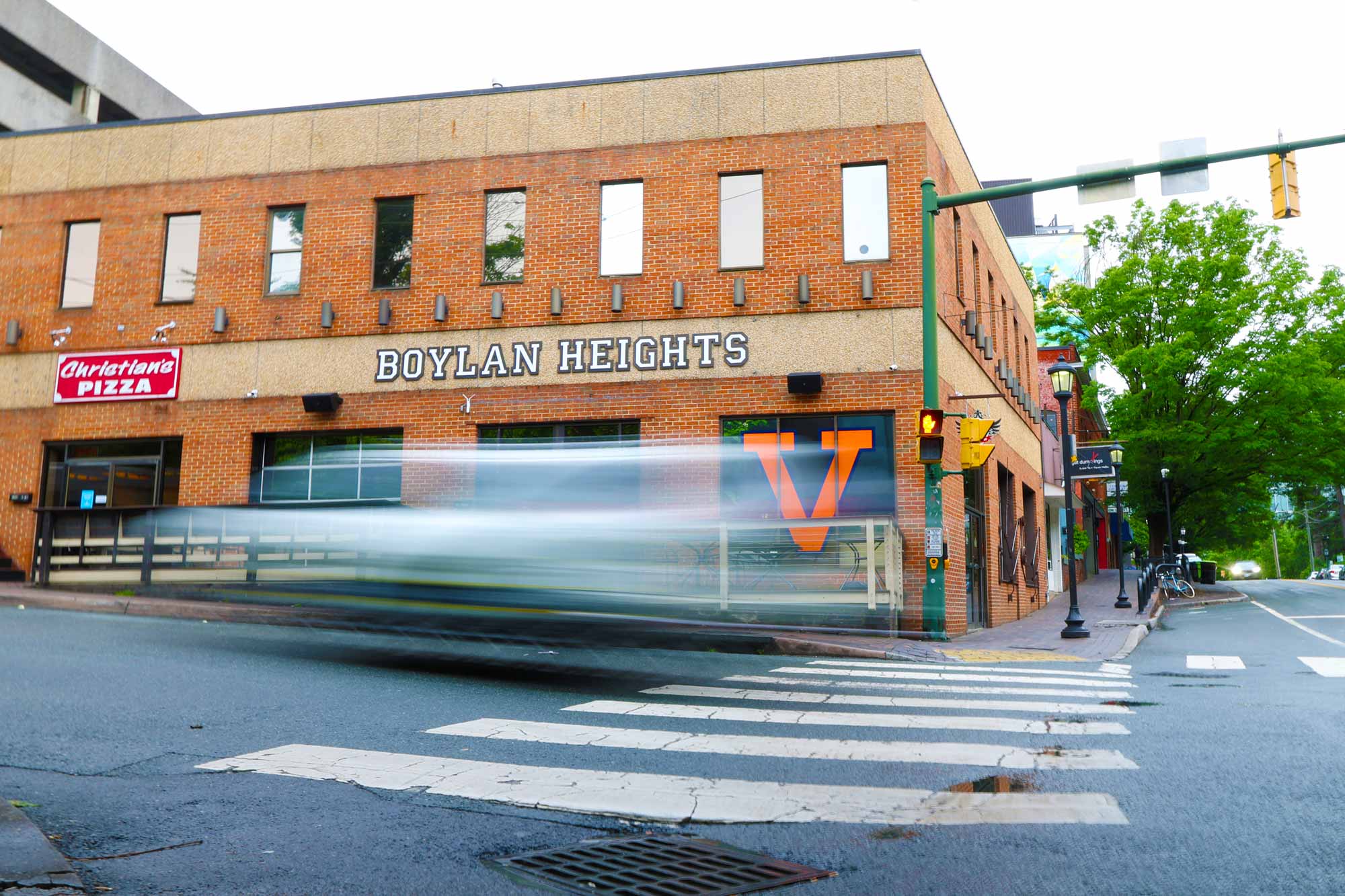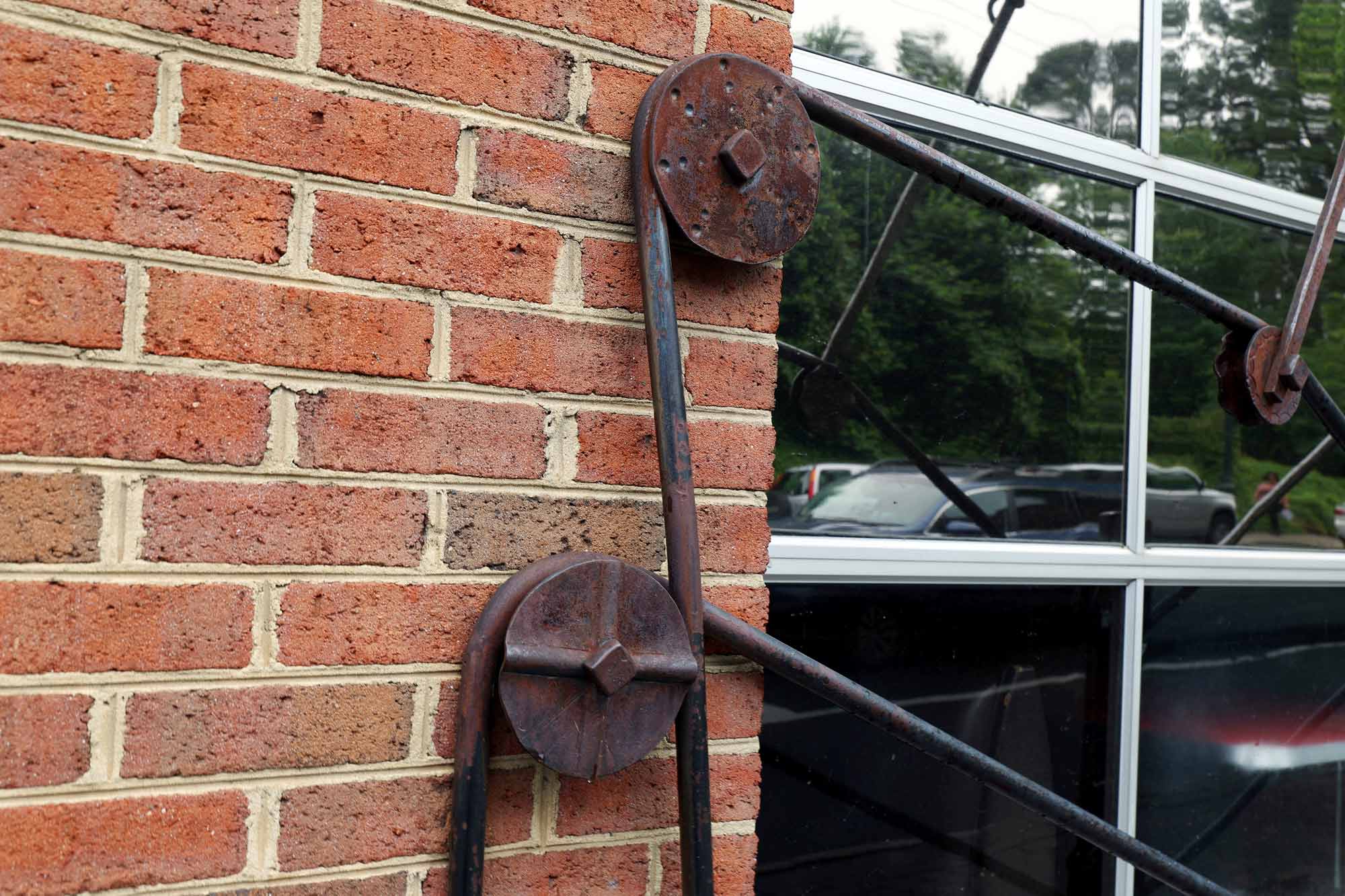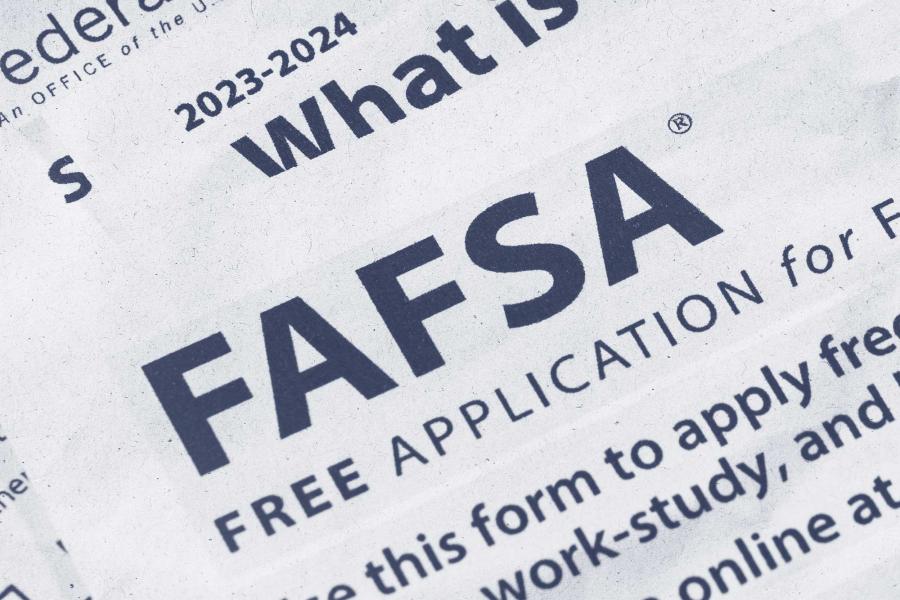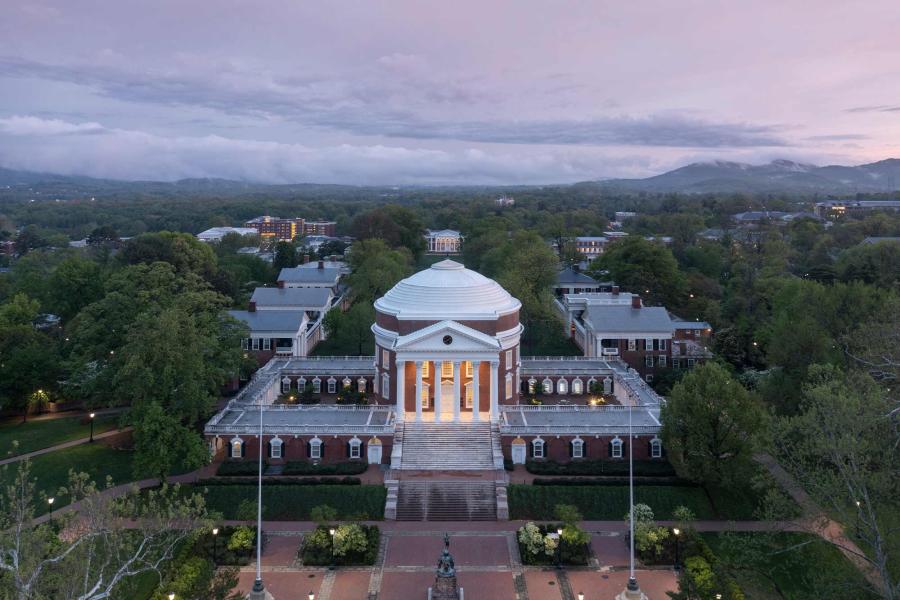Before it became Boylan Heights, the building on the corner of West Main and 14th streets was a music venue, bar and restaurant called the Mousetrap. Some had assumed the gears on the wall were a reference to the children’s game of the same name.
But Lauren Massari, a multimedia designer for the Institute for Advanced Technology in the Humanities, reviewed her copy of Coy Barefoot’s “The Corner: A History of Student Life at the University” and found a photo of the building as it was under construction. There were no gears on the wall in that picture.
The Mousetrap later became a coffee shop called Espresso Corner, but a legal fight raged on. In 1980, a customer named Denis O’Brien tried to leave the Mousetrap without the red tab the establishment issued to customers to keep track of food and drinks. O’Brien didn’t have his ticket and refused to pay the $5 lost ticket fee. O’Brien was arrested, but not charged, and eventually moved to New Zealand, believing the matter had been resolved. It wasn’t; a judge in New Zealand had to get involved.
In the mid-1990s, the issue was resolved and O’Brien was ordered to pay thousands of dollars in damages, years after the restaurant went out of business in 1983.
In the meantime, however, the Mousetrap had turned into a coffee shop. Sometime after that, it became Orbit Billiards. Which brings us back to the metal gears.
Meeting minutes from Charlottesville’s Board of Architectural Review show the gears and chain were added at some point in the early 2000s.
Research librarian Rebecca Coleman reached out to her sources in a community historical group on Facebook. They got to Andrew Vaughn, one of Orbit’s former owners.
“We hired Ed Pelton to put them in, in order to keep folks (underage) from jumping through the windows to get access. It kinda worked. Sometimes,” Vaughn commented.
Though the architectural review board tried to get the gears removed, Orbit prevailed. And though Boylan Heights now occupies the building, the gears remain.
Have a burning question for our crack team of UVA historians, experts, students and staff to answer? Send your queries to HoosAsking@virginia.edu.
